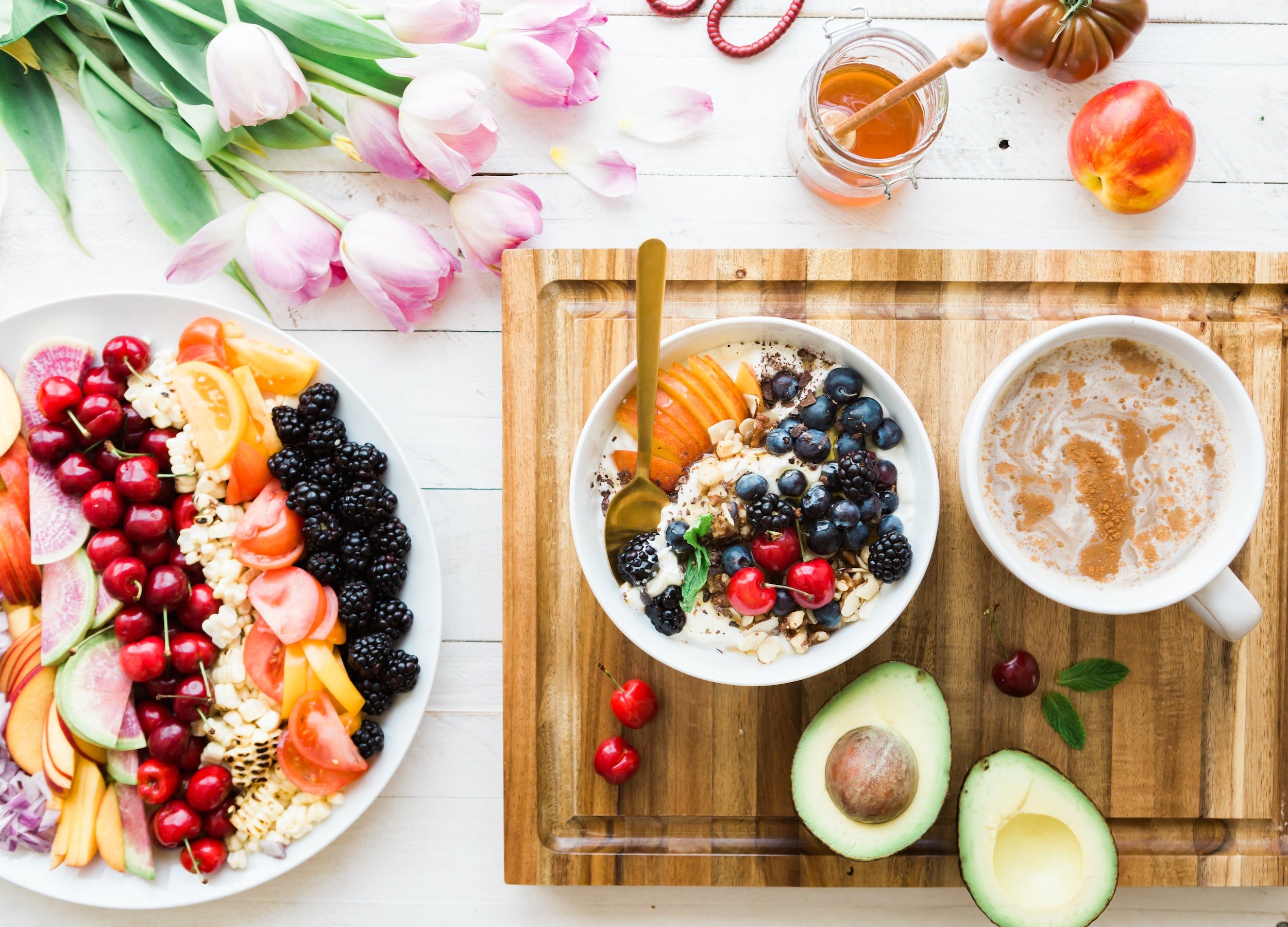Is there really a Fertility Diet and what to eat?
…And does it really work?
Short answer, yes.
Yes, there absolutely are foods and eating styles that can contribute to better or worse fertility. And foods that increase the success of IVF. Btw we are talking for you and your partner or sperm donor.
Already, fertility is a numbers game, with the added fun of a clock counting down to zero. Menopause = zero, not being labeled infertile.
When someone has “unexplained infertility,” I say it always comes back to the body and its interwoven systems, because the sum is greater than the whole. When labs and tests come back normal that means they are normal for a textbook. But obviously can’t be normal for YOU.
A pro-fertility diet can support your fertility directly, your reproductive system and organs, and indirectly, your hormones, brain, blood sugar, inflammation,…you get the point. All these swirling signals can influence your overall health, of which your reproduction is just a small part.
Whether we acknowledge it or not, food is information. Food is pleasing and enjoyable, but beyond our taste buds, it is broken down into its smallest components to perform certain roles in our health, function, and development. So while the age-old debate of “can food be good or bad” goes on, we can at least agree that food has the potential to either harm or help.
So why not eat foods that help?
8 Tips for what to eat on a fertility diet
Focusing on healthy eating habits sums up the fertility diet. You can even follow the Mediterranean Diet which encompasses most of the pro-fertility eating tips.
Low in refined carbs/sugar and processed foods
Avoiding packed foods and junk food. They tend to be high in sugar and harmful trans fat
Plant forward
Focusing most meals on fruits, veggies, and plant protein sources
Low in sugar
Avoid quick sugar (beverages, desserts) and hidden sugar (condiments, sauces, dressings).
Try to cap at 24 g of ADDED sugar each day.
Fatty fish/Omega 3s
Incorporate into meals 3x week
Whole grains
Whole grain bread doesn’t cut it. You need brown rice, oats, wild rice, millet, farro, quinoa. (Yes, you will need to experiment.)
Healthy fats
Avocado, olives, olive oil
Nuts/seeds
And not just peanut butter
Hemp, chia, flax, sunflower, almonds, cashews, brazil nuts
Limit dairy
It doesn’t do the body as good as you think, and there are other sources of calcium and vitamin D
Salmon, tofu, legumes, dark leafy greens
But remember, adding these dietary habits to other healthy lifestyle habits like getting enough rest, adding movement every day, reducing and managing stress, and drinking that water, can all help stack the fertility deck in your favor.
There is NO WAY these suggestions will harm or worsen your chances.
But even a small boost could be just what you need to tip the scales to support ovulation, fertilization, implantation….and pregnancy!!
XX and baby dust,
Ericka
Reference:
Gaskins, A. J., & Chavarro, J. E. (2018). Diet and fertility: a review. American journal of obstetrics and gynecology, 218(4), 379–389. https://doi.org/10.1016/j.ajog.2017.08.010
Karayiannis, D., Kontogianni, M. D., Mendorou, C., Mastrominas, M., & Yiannakouris, N. (2018). Adherence to the Mediterranean diet and IVF success rate among non-obese women attempting fertility. Human reproduction (Oxford, England), 33(3), 494–502. https://doi.org/10.1093/humrep/dey003



